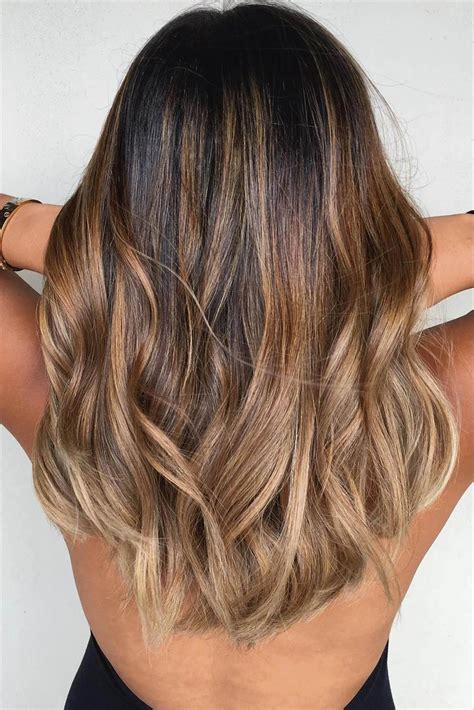Introduction

With the rise of hair coloring techniques, balayage and highlights have emerged as popular options. While both methods involve lightening hair strands, they offer distinct results. Understanding the differences between balayage and highlights is crucial for making informed hair care decisions.
1. Application Method:
-
Balayage: A freehand technique where the colorist sweeps the dye onto the hair’s surface, creating a gradual, soft gradient.
-
Highlights: Involves using foils or a cap to isolate and lift individual hair strands.
2. Placement:
-
Balayage: Typically applied to the mid-lengths and ends, creating a sun-kissed effect.
-
Highlights: Placed throughout the hair, from roots to ends, for a more defined look.
3. Precision:
-
Balayage: Less precise than highlights, resulting in a more natural, lived-in look.
-
Highlights: Allows for more control over placement and lift, providing a brighter, more visible effect.
4. Maintenance:
-
Balayage: Requires less frequent touch-ups due to the blended nature of the technique.
-
Highlights: Need regular touch-ups at the roots to maintain vibrancy and prevent a stark contrast.
5. Hair Health:
-
Balayage: Less damaging than highlights due to its avoidance of harsh chemicals and direct contact with the scalp.
-
Highlights: Can be more damaging as they involve lifting the hair’s cuticle and exposing it to bleach.
6. Cost:
-
Balayage: Generally more expensive than highlights due to its time-consuming application and the skill required.
-
Highlights: Less expensive, but touch-ups can add up over time.
7. Trendiness:
-
Balayage: Currently more popular due to its natural and wearable look.
-
Highlights: A timeless technique that remains popular for defined and dramatic results.
| Feature | Balayage | Highlights |
|---|---|---|
| Application Method | Freehand | Foils or cap |
| Placement | Mid-lengths and ends | Throughout the hair |
| Precision | Less precise | More precise |
| Maintenance | Less frequent touch-ups | Regular touch-ups |
| Hair Health | Less damaging | More damaging |
| Cost | More expensive | Less expensive |
| Trendiness | More popular | Timeless |
Additional Considerations:
- Hair Type: Balayage is suitable for all hair types, while highlights may not be ideal for very fine or damaged hair.
- Skin Tone: Both techniques can complement a wide range of skin tones.
- Face Shape: Balayage can help elongate a round face, while highlights can add volume to a narrow face.
Balayage Benefits:
- Natural, sun-kissed look
- Blends well with natural hair color
- Low maintenance
- Less damaging to hair
Balayage Matters:
- Application takes longer
- May appear less visible on dark hair
- Requires skilled stylist
Highlights Benefits:
- Brighter, more defined look
- Provides contrast and depth
- Customizable placement and lift
- Can add volume to hair
Highlights Matters:
- Higher maintenance
- Can be more damaging to hair
- Requires touch-ups at the roots
- May not blend as well with natural hair color
- Communicate clearly with your stylist: Discuss your desired results and any concerns before the appointment.
- Select a color that complements your skin tone and hair color: Don’t be afraid to seek professional advice.
- Be patient with the process: Achieving the perfect balayage or highlights takes time and skill.
- Use color-protecting products: Protect your new hair color from fading and damage.
- Consider your daily hair routine: Choose hair care products and styling tools that are compatible with your new hair color.
Balayage and highlights are both versatile hair coloring techniques that can enhance your look. By understanding the key differences between the two methods, you can make an informed decision that aligns with your individual hair goals and preferences. Embrace the beauty of both techniques and experiment with what works best for your unique style.
